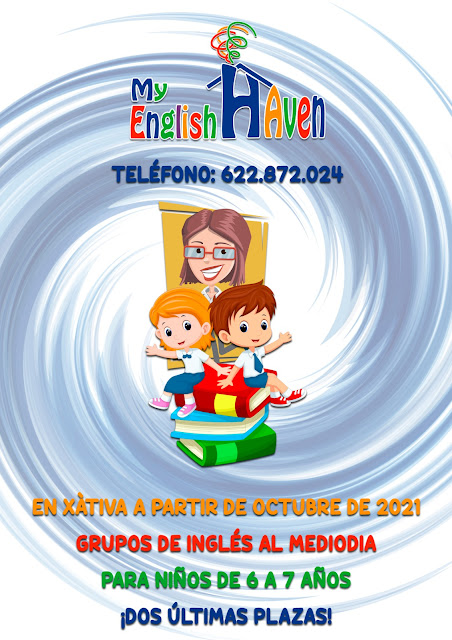What's the difference?
Present Perfect Simple and Present Perfect Continuous
We use both of these tenses for finished and unfinished actions.
The present perfect simple can be used (often with 'since' and 'for') to talk
about unfinished actions that started in the past and are still true in the
present. It's often used with stative verbs:
- I've known John for three years.
The present perfect continuous can also be used (often with 'since' and
'for') to talk about unfinished actions that started in the past and are still
true in the present. (Of course, we don't use the present perfect continuous
with stative verbs):
- She's been living here for three years.
Sometimes there's really no difference in meaning between the two tenses.
This is especially the case with verbs such as 'live', 'work' and 'study':
- They've lived in London since 2004.
- They've been living in London since 2004.
- I've studied French for ten years.
- I've been studying French for ten years.
- He's worked at the company since 2009.
- He's been working at our company since 2009.
Sometimes, there is a difference in meaning:
1: The present perfect continuous can be used to emphasise the length of time
that has passed. The present perfect simple is generally neutral:
- They've been waiting for hours! (This emphasises
the length of time).
- They've waited for hours. (This doesn't emphasise
the length of time).
2: On the other hand, the present perfect simple is often used when we're
talking about how much or how many. This isn't possible with the present
perfect continuous:
- She's drunk three cups of coffee this morning.
- She's drunk at least a litre of coffee today.
- (NOT:
she's been drinking three cups of coffee this morning).
3: The present perfect continuous often focuses on the action itself, while
the present perfect simple focuses on the fact that the action is completed:
- I've been reading the book you recommended. (I'm
enjoying it, but I'm not finished).
- I've read the book you recommended. (I've
finished it, so we can talk about it).
We use 'yet' and 'already' with the present perfect simple:
- Have you read the book yet?
- She's finished her work already.
This difference is often used to talk about different kinds of results in
the present. The present perfect simple is used when the action is finished,
and the result comes from the action being finished:
- I've eaten dinner, so let's go out.
- She's done all her homework, so she can relax
this evening.
- I've made a cake. Would you like some?
The present perfect continuous is used when the result comes from the
action itself. It doesn't matter if the whole action is finished or not. The
result is often something we can see, hear, smell, or feel:
- I've been eating dinner, so there are plates all
over the table.
- She's been doing her homework, so she's tired.
- I've been making a cake, that's why the kitchen
is such a mess.
4: Finally, the present perfect continuous can be used to emphasise that
something is temporary:
- She's been running a lot recently. (She doesn't
usually do this).
- Usually I study at home, but I've been studying
in the library for the last week.










